Introduction
Search Engine Optimization (SEO) continues to evolve rapidly, and staying ahead requires keeping up with the latest trends and algorithm updates. As search engines prioritize user experience, AI-driven search results, and content authenticity, businesses must adapt their SEO strategies to maintain high rankings. This guide covers the key trends and algorithm changes shaping SEO in 2025.
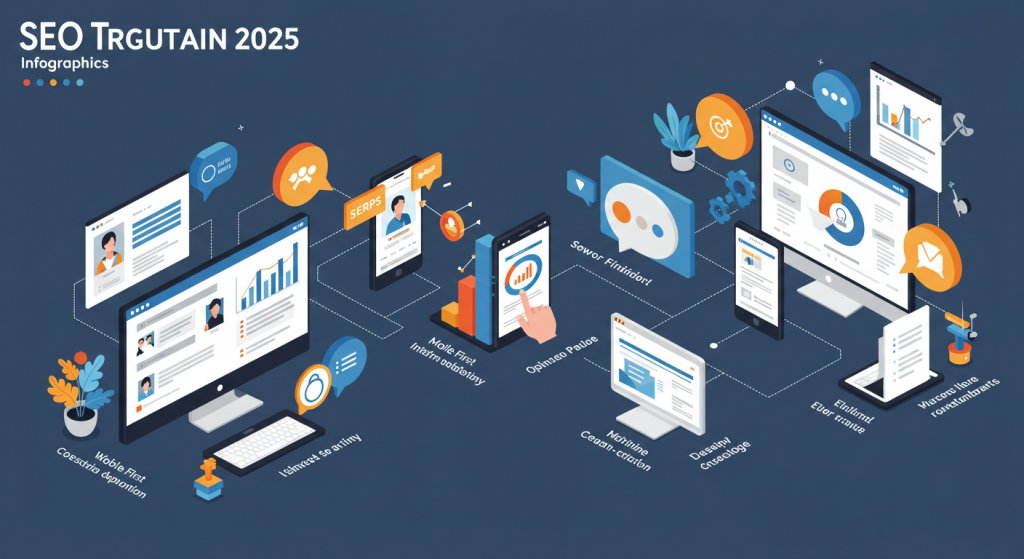
1. AI Integration in Search Algorithms
Artificial Intelligence (AI) plays a central role in search engine updates. Google’s Gemini AI and AI Overviews enhance how search results are generated and displayed. AI-driven search means results are becoming more contextual, conversational, and predictive.
How to Optimize for AI Search:
- Focus on natural language and context-based content rather than rigid keywords.
- Implement structured data to help AI understand your content.
Create in-depth, well-researched content that AI can summarize effectively.

2. The Rise of E-E-A-T (Experience, Expertise, Authoritativeness, Trustworthiness)
Search engines are prioritizing content from credible, authoritative sources. Google’s E-E-A-T framework ensures that users receive the most accurate and trustworthy information.
How to Improve Your E-E-A-T Score:
- Showcase expert authorship by providing credentials for content creators.
- Improve trust signals by having secure HTTPS, privacy policies, and clear citations.
Focus on long-form, value-driven content rather than keyword stuffing.
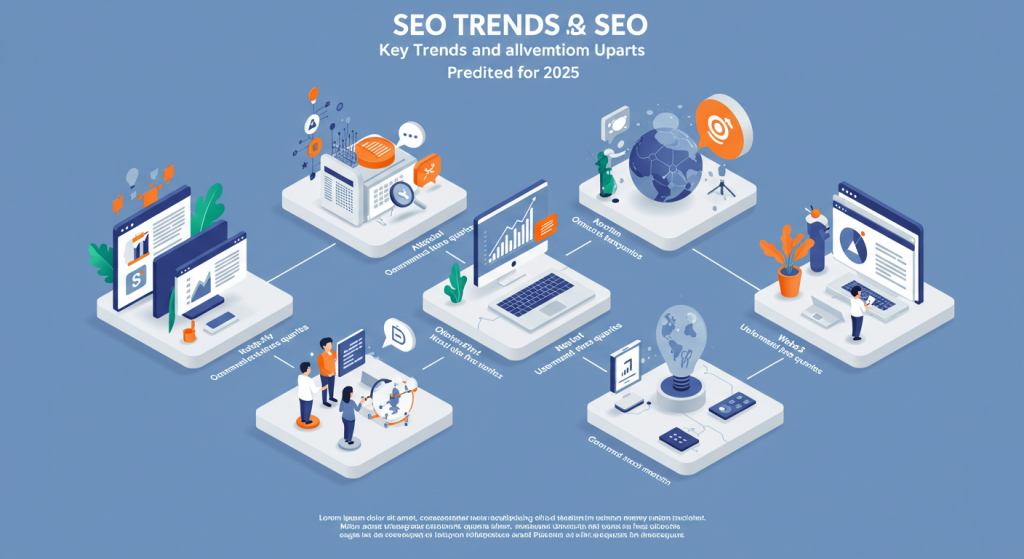
3. Evolution of Local SEO
With more personalized search experiences, local SEO has gained significant importance. Businesses must tailor their local presence to maximize visibility in regional searches.
Local SEO Best Practices:
- Optimize your Google Business Profile with up-to-date information.
- Focus on localized content, including region-specific keywords.
Encourage and respond to customer reviews to build credibility.
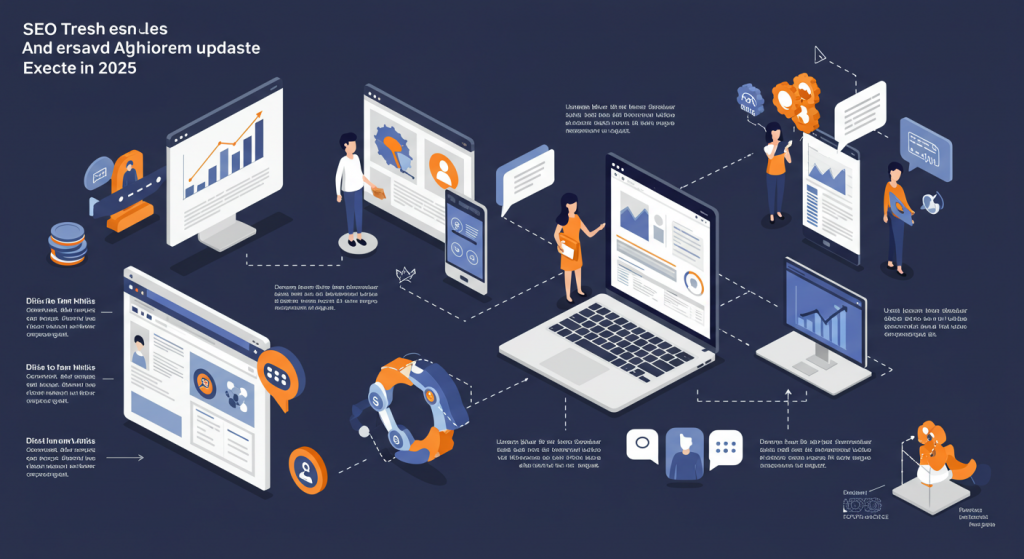
4. Voice Search & Conversational Queries
With the increasing use of voice assistants, search behavior is shifting toward long-tail, conversational queries.
How to Optimize for Voice Search:
- Write in a conversational tone that mirrors how people ask questions.
- Use FAQ sections to capture common voice search queries.
Focus on long-tail keywords and featured snippets for voice search compatibility
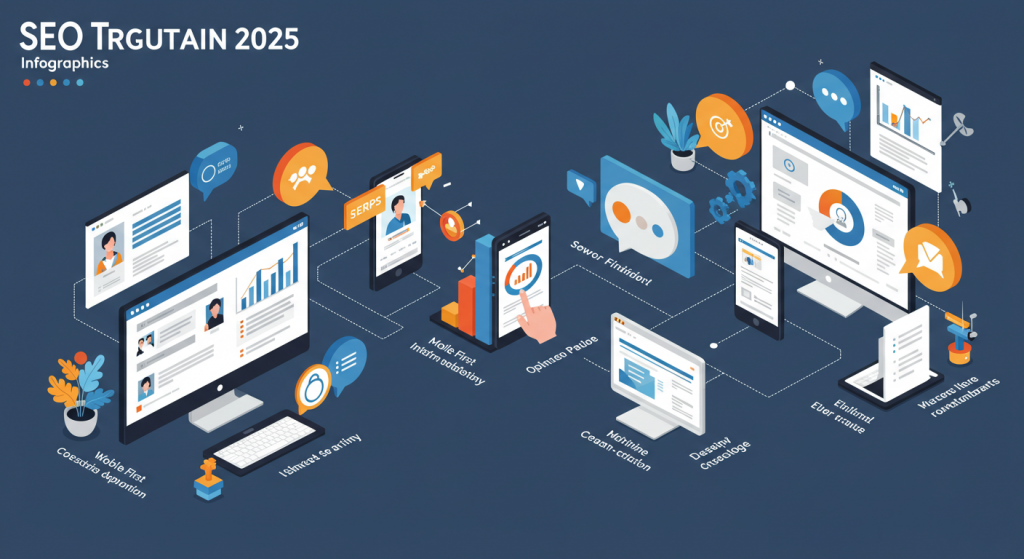
5. Internal Linking & Site Structure Optimization
A well-structured website with strong internal linking improves SEO rankings and user experience.
Internal Linking Best Practices:
- Use descriptive anchor text to guide users.
- Link to high-value, relevant pages within your site.
- Organize content hierarchically with pillar and cluster models.
Conduct regular audits to fix broken links and improve navigation.

6. Continuous Algorithm Updates & Adaptability
Google and other search engines frequently roll out algorithm updates to refine search accuracy. SEO professionals must stay informed and adjust strategies proactively.
How to Stay Ahead of Algorithm Changes:
- Follow Google’s official updates and webmaster guidelines.
- Regularly audit your site for SEO health and ranking fluctuations.
Focus on user experience, page speed, and mobile optimization.
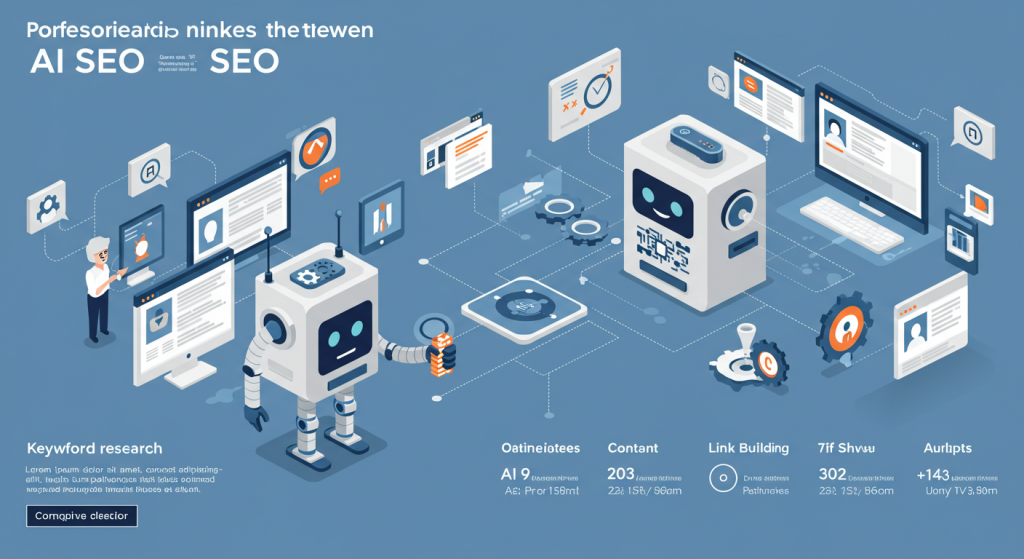
Conclusion
SEO in 2025 demands a user-first approach, AI adaptability, and content authenticity. By aligning with these trends and implementing proactive SEO strategies, businesses can maintain high rankings and stay competitive in an ever-changing digital landscape.
Would you like further insights on implementing these SEO strategies? Let us know your thoughts!
Leave a Reply